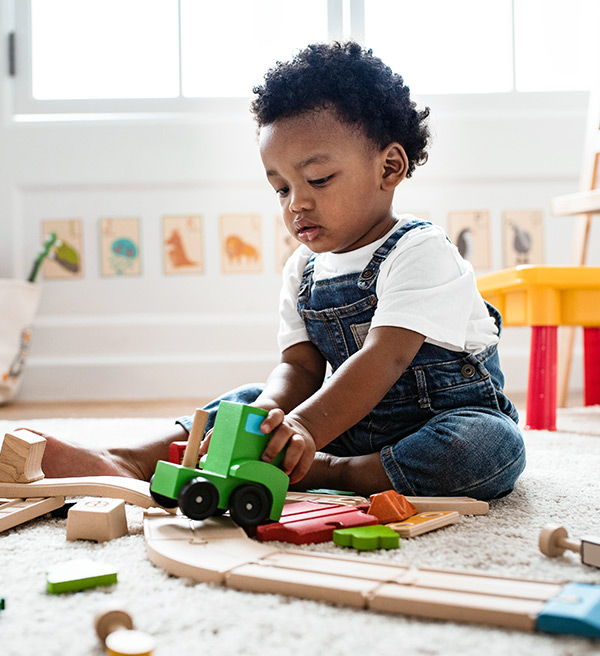Our Core Values
Meet the blobs! They help teach our children about the core values we hold at ToyBox, spelling out the acronym HELPED.
These values are fundamental to how we operate, and we aim to teach the children in our care to uphold these same principles.
Hope
Equality
Love
Patience
Empathy
Democracy
It is our mission at ToyBox to provide a safe and secure environment by putting the needs of the child and their families first.
We seek to honour every child's right to play by providing access to fundamental learning and exploration opportunities.
We achieve this by collaborating with a range of philosophies to build a nurturing environment for all.
ToyBox aims to:
- Develop a child-centric approach promoting, developing and challenging skills and confidence as successful learners.
- Promote every child as strong, capable and resilient and ready to explore.
- Promote and defend the rights of every child and their families.
- Build a diverse environment that provides safety, security and confident communication.
- Promote a strong sense of community, valuing and incorporating all aspects of children’s lives, building a strong partnership with the wider community and future schools.

Our Teaching Approaches
The Froebelian approach has been embedded in learning for many years, and Reggio Emilia approaches to learning have increased in popularity in recent years, and for good reason.
Whilst these approaches have clear differences, they do share many core principles, such as allowing children to embrace their independence as learners. ToyBox lean towards these approaches as we believe that child-centric approaches give children a greater chance at reaching autonomy and creating resilience, effective communication and mindfulness.
Reggio Emilia
The Reggio Emilia approach was developed by Loris Malaguzzi in collaboration with parents after World War II. It is a heavily child-centric approach, with a focus on the many ways children can express themselves.
What are the basic principles?
- Every child should be seen as strong, capable and resilient, and ready to explore
- Children are natural communicators, and it’s important that we understand the ‘100 languages of children’ (the many different ways children express themselves)
- Children can build their own learning, and require adults to help support it, not instruct
- The focus on exploratory and child-led play is meant to improve problem-solving skills in particular
How This Is Used in ToyBox:
- Children are made to feel like their conversations with adults are an opportunity to learn and search together. For that reason, our practitioners ensure they have the time and patience to really engage with children and pay attention to what they’re saying.
- ToyBox builds on children’s interests. We try to provide an individualised approach to all learning. For example: A child showed interest in a worm in the garden. Staff then adapted the planning to minibeasts, creating project based learning in all areas of the EYFS.
- We emphasise a hands-on approach to learning, as this is what best allows children to communicate using their hundred languages. This includes drawing, dancing, painting and pretend play, music, sculpting. Giving children opportunities to express themselves is key
Froebelian
Friedrich Froebel was a German educator who invented the concept of kindergarten. The Froebelian approach promotes the importance of play, because it allows children to understand their world by directly experiencing it.
What are the basic principles?
- Recognition of the uniqueness of each child's capacity and potential
- A holistic view of each child's development
- An ecological view of mankind in the natural world
- A recognition of the integrity of childhood in its own right
- A recognition of the child as part of the community
How This Is Used in ToyBox:
- Always start with what children can do, not what they can’t.
- Childhood is more than just preparation for adulthood. ToyBox believes that every type of interaction is a learning journey and encourage these journeys with project building, individualised planning and lots of listening.
- We encourage the children to explore the deeper meaning to the things we do. We have lots of discussions on the planet, humanity and values.
- We use a range of natural resources to encourage children to familiarise themselves with textures and meanings. We believe that a child’s imagination is invaluable.
- ToyBox believes that child-initiated play is very important as it means that the child is motivated and engaged. ToyBox supports children in initiating play, providing them with stimulating resources and learning environments, we value our classroom as a third teacher, meaning everything set out in our classroom is there with the child in mind.
- We take regular trips out into the community and try to take part in local events, trips to our city’s historical sites and learning about diversity in our city (and the world).